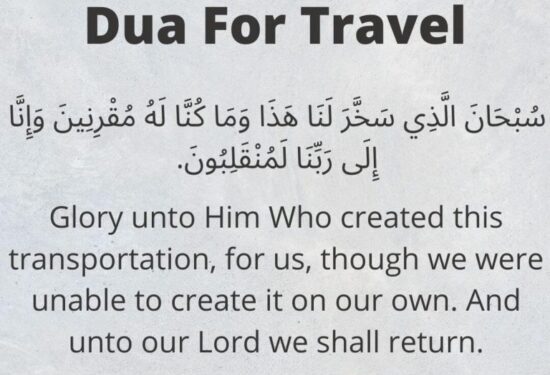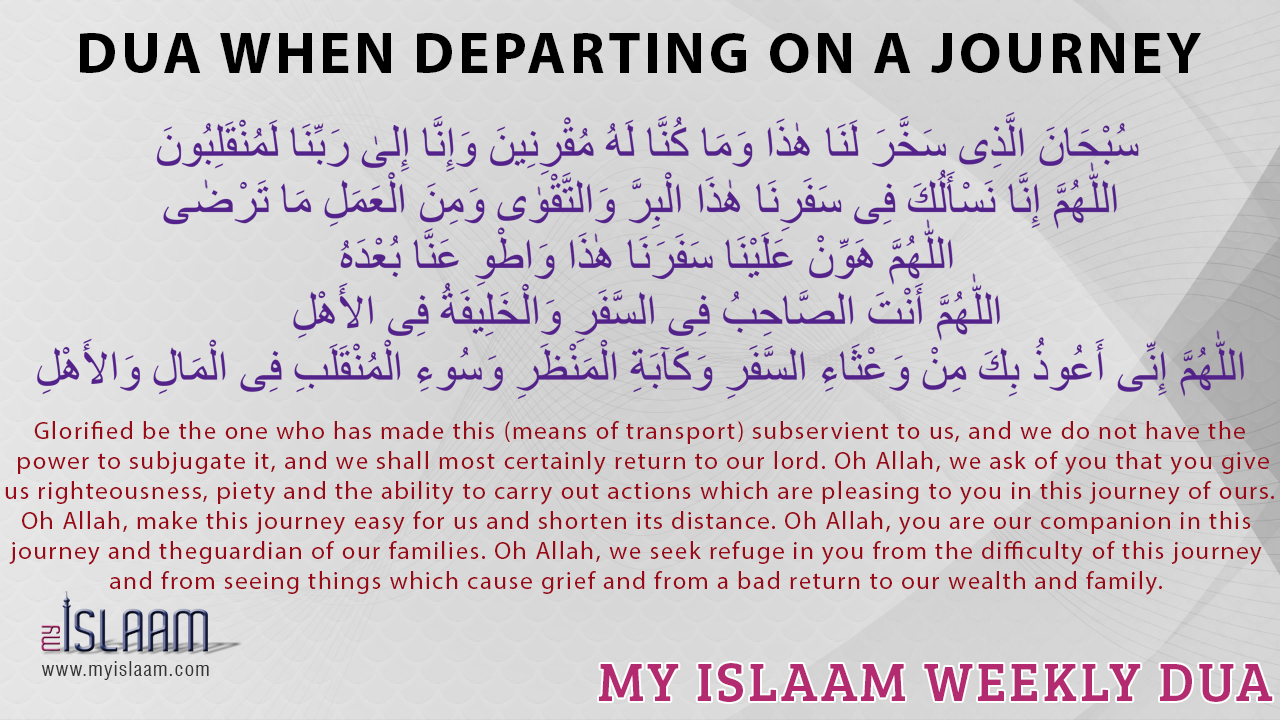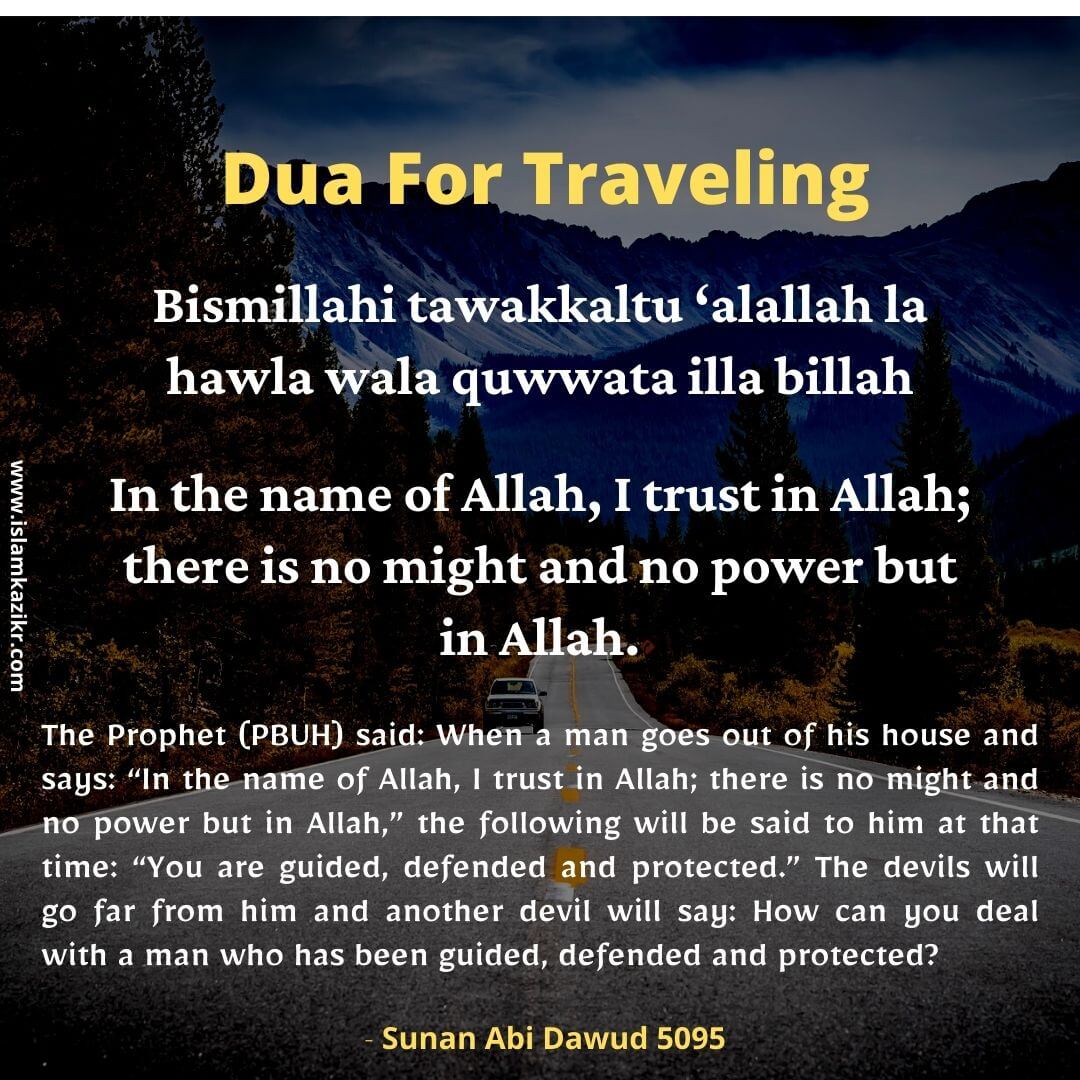Traveling is an enriching experience that allows us to explore new cultures, meet interesting people, and create lasting memories. However, as we embark on our journeys, it’s essential to nurture our spiritual selves, and one way to do this in Islam is through dua (supplication). In this article, we will delve deep into the concept of dua for travelers, share personal travel experiences, and provide tips and insights that will enhance your travels.
The Importance of Dua in Travel
Dua is a heartfelt appeal to Allah, expressing our needs, hopes, and gratitude. For travelers, making dua is particularly significant as it seeks protection, guidance, and blessings during our journeys. In this section, we will explore a few key reasons why dua is vital when traveling.
Seeking Protection
Traveling often involves unforeseen circumstances. Whether it’s a delayed flight, bad weather, or even a potential health issue, saying a dua for protection can bring peace of mind. As I once experienced during a hiking trip that took an unexpected turn, a simple prayer gave me the courage to face challenges bravely.
Expressing Gratitude
Before and after our travels, it’s essential to acknowledge the blessings we receive. Dua serves as a reminder of our gratitude for safe travels and enjoyable experiences. I often reflect on how my travels have broadened my perspective, and expressing thanks through dua is a beautiful way to honor that.

Seeking Guidance
Traveling to new places can be overwhelming, and asking for guidance through dua can help us navigate unfamiliar territories. For instance, while traveling in a foreign country, asking Allah for guidance helped me find not only the best routes but also the hidden gems that tourists often miss.
Essential Dua for Travelers

There are specific duas mentioned in Islamic tradition that travelers can recite for protection and blessings. Below are some of the most common ones:
Dua for Safe Travel
One of the most well-known supplications is:
“Bismillahi tawakkaltu ‘ala Allah wa la hawla wa la quwwata illa billah.”
This translates to: “In the name of Allah, I place my trust in Allah, and there is no power and no strength except through Allah.” This dua emphasizes faith and trust, ensuring that you feel secure as you travel.

Dua Upon Returning Home
Reciting this dua conveys gratitude upon arriving home safely:
“A’udhu bikalimatillahit-tammati min sharri ma khalaq.”
This means: “I seek refuge in the perfect words of Allah from the evil of what He has created.” This dua protects you from any negative experiences encountered during your travels.
Personal Experiences: How Dua Enhanced My Travels

Finding My Way in Istanbul
During my trip to Istanbul, I was overwhelmed by the bustling streets and vibrant culture. On my first day, I recited the dua for guidance and, lo and behold, I stumbled upon a charming local café that served the best Turkish coffee I’ve ever tasted. My heartfelt prayer led me to hidden treasures that enriched my travel experience.
Weather Woes in the Caribbean
On a trip to the Caribbean, I encountered unexpected rain. As I made dua for clear skies, I noticed that, shortly after, the clouds dispersed. While some may consider it a coincidence, I believed my prayers played a role in turning my day around and allowing me to enjoy the pristine beaches.

Tips for Integrating Dua into Your Travel Routine
Set Aside Time for Prayer
Prioritize time for prayers during your travels. Whether it’s during your flight or a quiet moment before exploring a new place, recite your duas peacefully.
Keep a Dua Journal
Consider keeping a travel dua journal. Document your experiences, the duas you recite, and any noticeable outcomes. This can provide a sense of fulfillment and gratitude.
Destination Highlights: Spiritual Journeys
Let’s explore some destinations that offer unique spiritual opportunities alongside your travels.
| Destination | Spiritual Experience | Best Time to Visit | Pros | Cons |
|---|---|---|---|---|
| Mecca | Umrah and Hajj | Year-round | Spiritual fulfillment, community | Crowded, expensive during peak seasons |
| Jerusalem | Historical religious sites | Spring and Fall | Cultural richness, holy sites | Complex political climate |
| Varanasi, India | River Ganges rituals | Winter | Deep cultural experience | Be prepared for crowds |
Exploring Spiritual Practices in Each Destination
In each of these destinations, engage with local spiritual practices. Participate in communal prayers or rituals, which can deepen your connection to your faith while exploring new cultures.
Pros and Cons of Spiritual Travel
Pros
- Enhanced spiritual connection
- Growth through diverse experiences
- Opportunity to meet like-minded individuals
- Increased sense of gratitude and mindfulness
Cons
- Can be emotionally taxing
- Potential conflicts with local customs
- Overcrowding at popular spiritual sites
Frequently Asked Questions (FAQs)
What is the significance of dua in travel?
Dua serves as a form of spiritual support for travelers, invoking protection, guidance, and gratitude throughout their journeys.
Can I make dua in any language?
Yes, while Arabic is the traditional language for many duas, you can sincerely make dua in your own language, as Allah knows your heart and intentions.
Are there specific duas for long journeys?
Yes, the dua mentioned earlier, “Bismillahi tawakkaltu ‘ala Allah wa la hawla wa la quwwata illa billah,” is particularly recommended for long journeys.
How can I ensure my prayers are answered while traveling?
To enhance the likelihood of your prayers being answered, maintain sincerity in your supplications, express gratitude, and have faith in Allah’s wisdom.
Conclusion
Travel is a transformative experience, and integrating dua into your journeys can enrich your spiritual connection and provide a sense of safety and guidance. Whether seeking adventure in new destinations or reflecting on the beauty of different cultures, remember that every step taken can be enhanced through faith and prayer. As you prepare for your next trip, consider making dua a vital part of your travel routine, turning every journey into a holistic experience.